April 28 stands as one of history’s most eventful days, witnessing the rise and fall of empires, groundbreaking discoveries, and moments that shaped our modern world across centuries of human achievement.

Politics and Government Events on April 28
1920 – Azerbaijan Soviet Socialist Republic Founded
The Soviet Union expanded its influence in the Caucasus region by establishing the Azerbaijan Soviet Socialist Republic. Communist revolutionaries overthrew the existing democratic government in Baku.
This political transformation brought Azerbaijan under Moscow’s direct control for the next seven decades. The republic became a crucial oil-producing region within the Soviet empire.
1969 – Charles de Gaulle Resigns as President of France
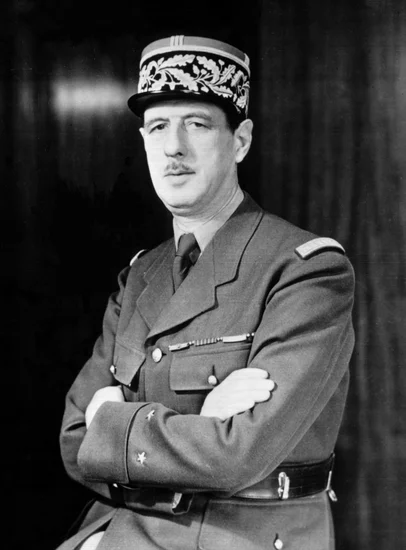
French President Charles de Gaulle stepped down from office after losing a constitutional referendum. His resignation ended eleven years of transformative leadership that reshaped modern France.
De Gaulle’s departure marked the conclusion of an era that saw France emerge from colonial conflicts and establish itself as a major European power. His legacy continued to influence French politics for generations.
1978 – Afghan President Mohammad Daoud Khan Overthrown
Pro-communist rebels launched a successful coup against Afghan President Mohammad Daoud Khan, killing him in the process. The Saur Revolution brought the People’s Democratic Party to power in Kabul.
This political upheaval set the stage for decades of conflict in Afghanistan. The communist takeover eventually triggered Soviet intervention and years of devastating warfare.
1952 – Dwight D. Eisenhower Resigns NATO Command
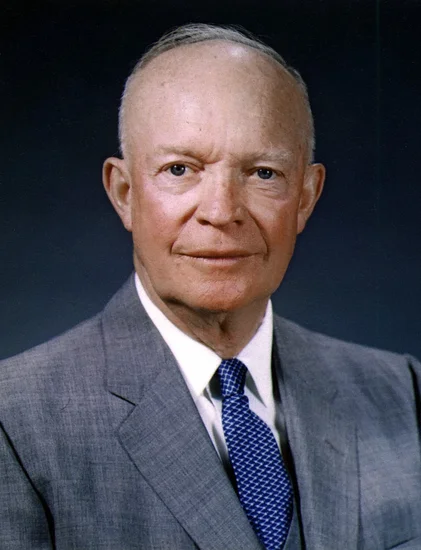
General Dwight D. Eisenhower resigned his position as Supreme Allied Commander of NATO to pursue political ambitions. His departure from military service marked the beginning of his presidential campaign.
Eisenhower’s transition from military leadership to political candidacy demonstrated the appeal of war heroes in American politics. His NATO experience positioned him as a credible leader on international affairs.
1991 – Space Shuttle Discovery Launches Defense Mission
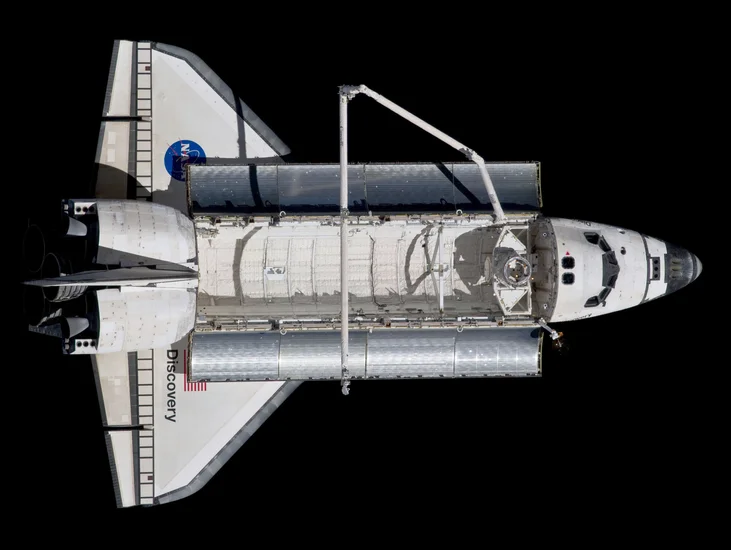
NASA launched Space Shuttle Discovery on STS-39, marking the first unclassified mission for the Department of Defense. The shuttle carried multiple military payloads into orbit for strategic research.
This mission represented a new era of transparency in military space operations. Discovery’s successful launch demonstrated America’s continued dominance in space technology during the post-Cold War period.
2004 – CBS News Releases Abu Ghraib Evidence
CBS News published shocking photographs revealing torture and abuse of Iraqi prisoners by American troops at Abu Ghraib prison. The images sparked international outrage and damaged America’s reputation.
These revelations exposed systematic mistreatment of detainees during the Iraq War. The scandal led to military prosecutions and renewed debates about prisoner treatment in wartime.
Military and Naval History on April 28
1944 – Exercise Tiger Disaster Claims 946 Lives
Nine German E-boats attacked Allied forces during Exercise Tiger, the rehearsal for D-Day landings off the English coast. The surprise assault killed 946 American and British servicemen.
This tragic incident remained classified for decades to protect Operation Overlord’s secrecy. The disaster highlighted the constant dangers faced by Allied forces even during training exercises.
1945 – Benito Mussolini Executed by Italian Resistance

Italian resistance fighter Walter Audisio shot and killed Benito Mussolini and his mistress Clara Petacci near Lake Como. The execution ended the fascist dictator’s twenty-year reign over Italy.
Mussolini’s death marked the collapse of Italian fascism and the end of Axis resistance in northern Italy. His body was later displayed publicly in Milan, symbolizing the complete defeat of his regime.
1945 – Final Nazi Gas Chamber Executions
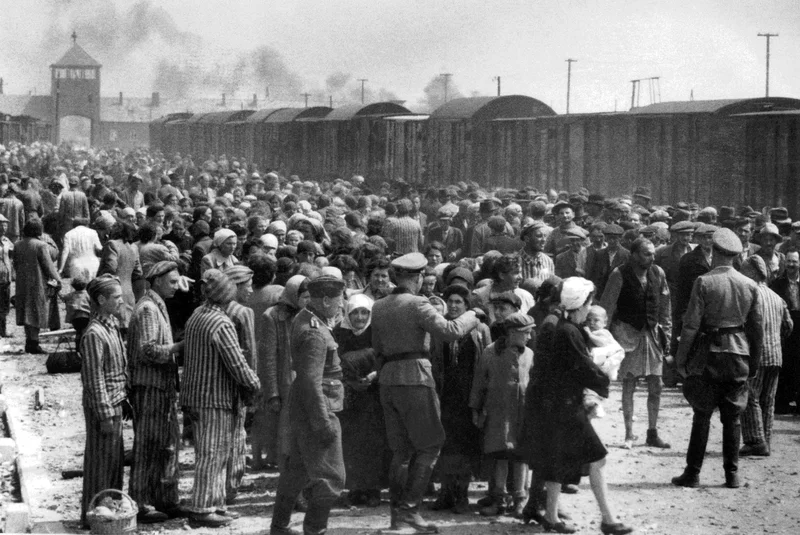
Nazi Germany conducted its final gas chamber executions at Mauthausen concentration camp, killing 33 Austrian socialist and communist leaders. This horrific act occurred just days before Germany’s surrender.
The executions demonstrated the regime’s determination to eliminate political opposition even in its final moments. These murders represented the Holocaust’s continuation until the very end of the war.
1941 – Ustaše Massacre in Gudovac Village
The Croatian Ustaše regime massacred nearly 200 Serbs in the village of Gudovac, marking the beginning of their genocidal campaign. This atrocity initiated systematic ethnic cleansing throughout the Independent State of Croatia.
The Gudovac massacre established a pattern of brutality that would claim hundreds of thousands of lives. These killings represented some of the war’s most horrific ethnic violence.
1965 – United States Occupation of Dominican Republic
American troops landed in the Dominican Republic to prevent the establishment of a communist government and evacuate military personnel. President Johnson ordered the intervention to protect American interests.
The occupation demonstrated Cold War tensions extending into Latin America. American forces remained in the Dominican Republic for over a year, stabilizing the government but generating regional controversy.
Science and Discovery Milestones on April 28
1937 – Yellow Fever Vaccine Developed
South African medical researcher Max Theiler successfully developed the yellow fever vaccine at the Rockefeller Foundation in New York City. His breakthrough saved millions of lives worldwide.
Theiler’s vaccine represented a major triumph in tropical medicine and public health. The development opened vast regions of Africa and South America to safer travel and development.
1947 – Kon-Tiki Expedition Begins
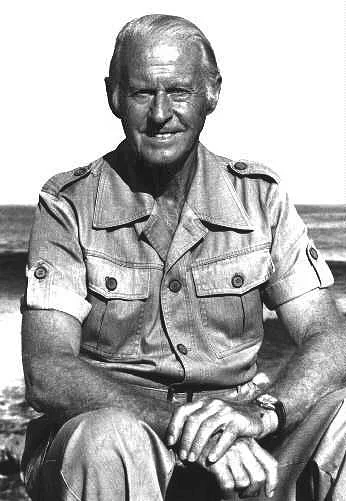
Norwegian explorer Thor Heyerdahl and five crew members departed Peru aboard the Kon-Tiki raft to prove that Polynesian settlement was possible from South America. Their daring voyage tested ancient navigation theories.
The expedition captured global attention and challenged established archaeological thinking. Heyerdahl’s journey demonstrated the potential for pre-Columbian transpacific contact between civilizations.
1986 – Chernobyl Disaster Detected in Sweden

Swedish authorities detected high radiation levels at Forsmark Nuclear Power Plant, forcing Soviet officials to publicly acknowledge the Chernobyl disaster. The detection ended Moscow’s attempted cover-up.
Sweden’s discovery revealed the accident’s true scale and international impact. The revelation sparked global discussions about nuclear safety and government transparency during crises.
1988 – Aloha Airlines Flight 243 Structural Failure

Flight attendant Clarabelle Lansing was blown out of Aloha Airlines Flight 243 when part of the Boeing 737’s fuselage ripped open mid-flight. The dramatic accident led to major aviation safety improvements.
The incident revealed critical flaws in aircraft inspection procedures and metal fatigue detection. Airlines worldwide implemented enhanced maintenance protocols following this terrifying structural failure.
Cultural and Arts Events on April 28
1973 – Pink Floyd’s Dark Side of the Moon Hits Number One

Pink Floyd’s album “The Dark Side of the Moon” reached number one on the US Billboard chart, beginning a record-breaking 741-week chart run. The album became one of the best-selling records in music history.
Recorded at Abbey Road Studios, the album revolutionized progressive rock and audio production techniques. Its commercial success demonstrated the growing sophistication of popular music audiences.
1948 – Stravinsky’s Orpheus Premieres in New York
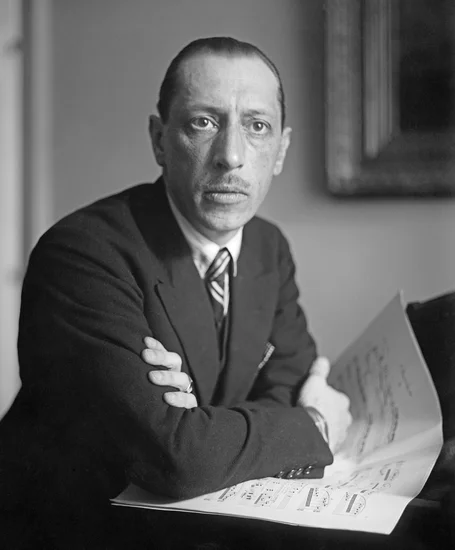
Igor Stravinsky conducted the premiere of his American ballet “Orpheus” at the New York City Center. The performance marked another milestone in the composer’s distinguished career.
The ballet showcased Stravinsky’s continued innovation in classical music composition. “Orpheus” demonstrated his ability to blend traditional mythological themes with modern musical techniques.
1923 – Wembley Stadium Opens as Empire Stadium
The iconic Wembley Stadium opened its doors for the first time, initially named the Empire Stadium. The venue became Britain’s most prestigious sporting and entertainment destination.
Wembley’s opening marked a new era in British sports and entertainment architecture. The stadium would host countless historic events, from FA Cup finals to Live Aid concerts.
1910 – First Long-Distance Air Race in Britain
French aviator Louis Paulhan won the London to Manchester air race, completing the first long-distance airplane competition in the United Kingdom. His victory demonstrated aviation’s rapid advancement.
Paulhan’s triumph captured public imagination and proved that powered flight could cover substantial distances reliably. The race marked aviation’s transition from experimental curiosity to practical transportation.
Religious and Social Events on April 28
1949 – Aurora Quezon Assassination
The Hukbalahap allegedly assassinated former Philippines First Lady Aurora Quezon while she traveled to dedicate a hospital in her late husband’s memory. The attack also killed her daughter and ten others.
The assassination shocked the Philippines and intensified the ongoing Hukbalahap Rebellion. Aurora Quezon’s death eliminated a prominent advocate for social reform and national reconciliation.
1967 – Muhammad Ali Refuses Military Induction
Boxing champion Muhammad Ali refused induction into the United States Army, citing religious beliefs and opposition to the Vietnam War. His stand cost him his championship title and boxing license.
Ali’s refusal became a defining moment in the anti-war movement and civil rights struggle. His principled stance inspired countless Americans to question government authority and military intervention.
1977 – Red Army Faction Trial Concludes
The trial of Red Army Faction leaders ended with Andreas Baader, Gudrun Ensslin, and Jan-Carl Raspe convicted of multiple murders and attempted murders. The verdict concluded Germany’s most sensational terrorism trial.
The convictions marked a crucial victory against left-wing terrorism in West Germany. The trial exposed the group’s violent methods and helped discredit radical revolutionary movements.
Business and Economic Events on April 28
1952 – Treaty of San Francisco Takes Effect
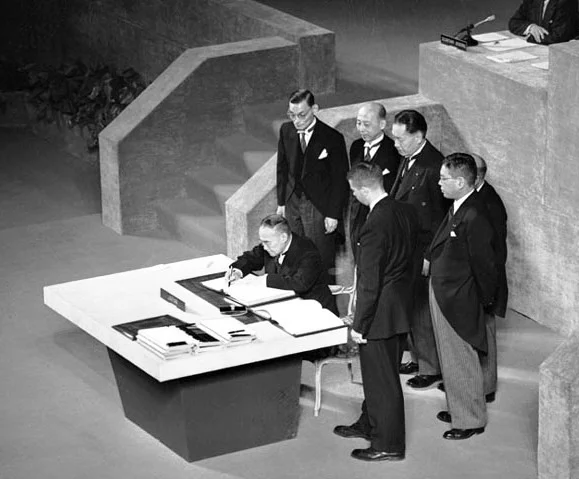
The Treaty of San Francisco came into effect, restoring Japanese sovereignty and officially ending the state of war between Japan and most Allied nations. The treaty marked Japan’s return to international respectability.
Japan’s restored sovereignty enabled its transformation into an economic powerhouse. The treaty established the framework for Japan’s peaceful development and integration into the global economy.
1996 – Whitewater Controversy Testimony
President Bill Clinton provided four-and-a-half hours of videotaped testimony for his defense in the Whitewater controversy. His testimony addressed questions about Arkansas real estate investments and political favors.
Clinton’s testimony demonstrated the intersection of personal business dealings and political power. The controversy continued to shadow his presidency and raised questions about ethical standards in government.
1994 – Aldrich Ames Pleads Guilty to Espionage
Former CIA counterintelligence officer Aldrich Ames pleaded guilty to providing American secrets to the Soviet Union and later Russia. His betrayal represented one of the worst intelligence disasters in American history.
Ames’s espionage activities compromised numerous intelligence operations and resulted in agent deaths. His case exposed serious security weaknesses within America’s intelligence community.
Transportation and Infrastructure on April 28
1970 – Nixon Authorizes Cambodian Campaign
President Richard Nixon formally authorized American combat troops to participate in the Cambodian campaign during the Vietnam War. The decision expanded the conflict beyond Vietnam’s borders.
Nixon’s authorization represented a significant escalation of American military involvement in Southeast Asia. The Cambodian invasion sparked massive protests and deepened domestic opposition to the war.
1952 – Sino-Japanese Peace Treaty Signed
Japan and the Republic of China signed the Treaty of Taipei, officially ending the Second Sino-Japanese War. The agreement restored diplomatic relations between the two nations.
The treaty’s signing normalized relations between Japan and Taiwan while maintaining tensions with mainland China. This diplomatic arrangement reflected Cold War divisions in East Asia.
1975 – South Vietnamese General Flees to America
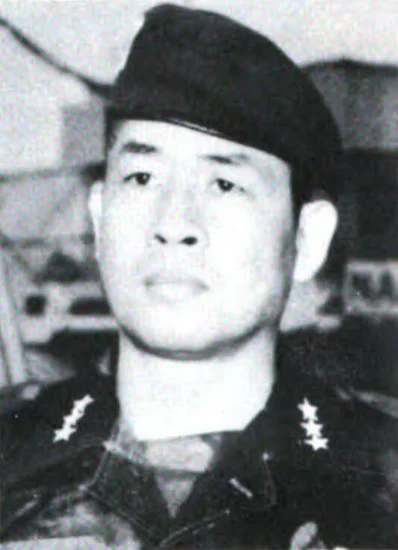
General Cao Văn Viên, chief of the South Vietnamese military, departed for the United States as North Vietnamese forces closed in on Saigon. His escape symbolized South Vietnam’s imminent collapse.
Viên’s departure marked the end of organized South Vietnamese resistance. His flight to America represented the final abandonment of the US-backed government in Saigon.
Sports and Recreation on April 28
1930 – First Night Baseball Game
The Independence Producers hosted the first night game in organized baseball history in Independence, Kansas. The innovation revolutionized professional sports by expanding game scheduling possibilities.
Night baseball transformed the sport’s accessibility for working-class fans who couldn’t attend afternoon games. The experiment paved the way for major league baseball’s eventual adoption of night games.
1996 – Port Arthur Massacre in Tasmania
Gunman Martin Bryant opened fire at the Broad Arrow Cafe in Port Arthur, Tasmania, killing 35 people and wounding 23 others. The massacre became Australia’s deadliest mass shooting.
The tragedy prompted Australia to implement strict gun control laws that dramatically reduced firearm violence. The Port Arthur massacre demonstrated the devastating impact of unrestricted access to firearms.
1983 – Hitler Diary Forgeries Published
German news magazine Stern began publishing excerpts from purported Adolf Hitler diaries, later revealed as elaborate forgeries. The hoax embarrassed historians and journalists worldwide.
The fake diaries demonstrated the dangers of sensationalism in historical research. The scandal highlighted the importance of rigorous authentication in documenting historical events.
Notable Births on April 28
1908 – Oskar Schindler Born
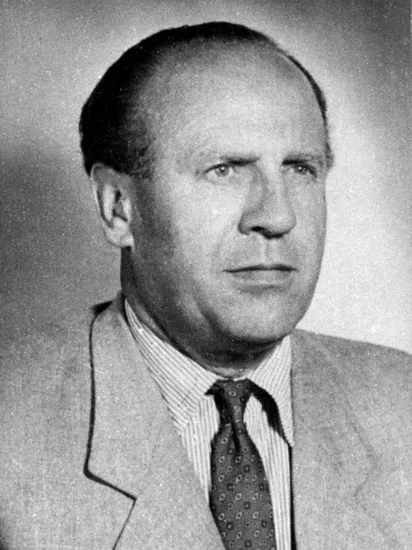
German businessman Oskar Schindler was born in Zwittau, Austria-Hungary. His early life showed little indication of the heroic actions that would define his legacy.
Schindler would later save over 1,000 Jews from the Holocaust by employing them in his factories. His story became one of the most celebrated examples of individual courage during humanity’s darkest period.
1916 – Ferruccio Lamborghini Born
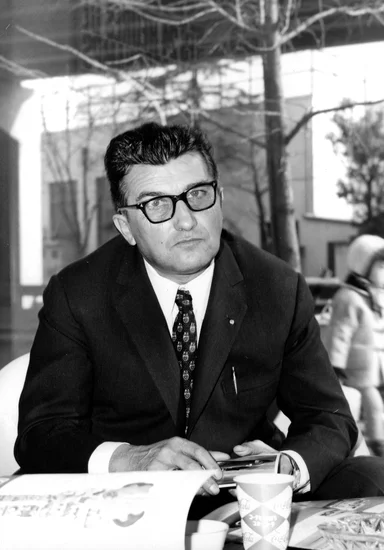
Italian entrepreneur Ferruccio Lamborghini entered the world, destined to create one of the world’s most prestigious automotive brands. His engineering background shaped his approach to luxury car manufacturing.
Lamborghini’s company would become synonymous with high-performance sports cars and Italian automotive excellence. His vehicles represented the pinnacle of automotive design and engineering achievement.
1926 – Harper Lee Born

American novelist Harper Lee was born in Monroeville, Alabama. Her childhood experiences in the segregated South profoundly influenced her literary perspective.
Lee would author “To Kill a Mockingbird,” one of America’s most influential novels about racial injustice. Her work became required reading in schools nationwide and sparked important conversations about civil rights.
1937 – Saddam Hussein Born

Iraqi political leader Saddam Hussein was born in Al-Awja, Iraq. His rise from humble beginnings to absolute power would reshape Middle Eastern politics for decades.
Hussein’s authoritarian rule brought both modernization and brutal repression to Iraq. His regime’s conflicts with neighboring countries and internal opposition defined much of late 20th-century Middle Eastern history.
1941 – Ann-Margret Born

Swedish-American actress and singer Ann-Margret was born in Stockholm, Sweden. Her family immigrated to America when she was young, seeking better opportunities.
Ann-Margret became one of Hollywood’s most versatile performers, excelling in both dramatic and musical roles. Her career spanned decades and established her as an entertainment industry icon.
1948 – Terry Pratchett Born
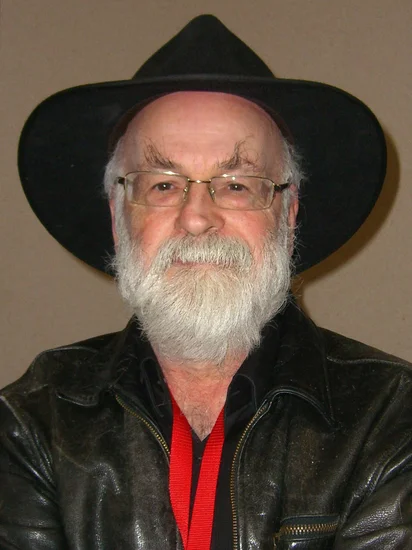
English author Terry Pratchett was born in Beaconsfield, Buckinghamshire. His imagination and wit would later enchant millions of readers worldwide.
Pratchett created the beloved Discworld series, revolutionizing fantasy literature with humor and social commentary. His novels demonstrated that fantasy could be both entertaining and intellectually sophisticated.
1950 – Jay Leno Born
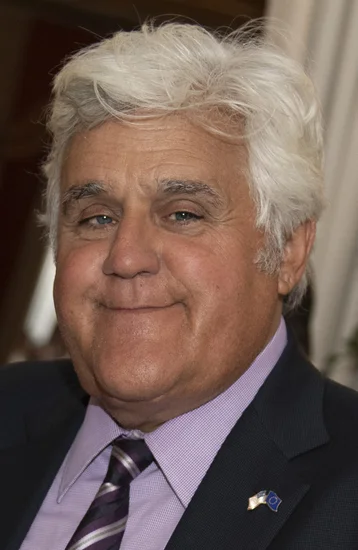
American comedian Jay Leno was born in New Rochelle, New York. His passion for comedy and cars would define his multifaceted entertainment career.
Leno became one of television’s most successful late-night hosts, bringing laughter to millions through “The Tonight Show.” His automobile collection reflected his lifelong fascination with mechanical engineering.
1974 – Penélope Cruz Born

Spanish actress Penélope Cruz was born in Madrid, Spain. Her talent and beauty would make her one of international cinema’s most celebrated performers.
Cruz became the first Spanish actress to win an Academy Award, breaking barriers for Hispanic performers in Hollywood. Her career demonstrated the growing global influence of Spanish-language cinema.
1986 – Jessica Alba Born

American actress Jessica Alba was born in Pomona, California. Her acting career began in childhood and evolved into successful business ventures.
Alba transitioned from entertainment to entrepreneurship, founding The Honest Company. Her business success demonstrated how celebrities could leverage their fame for meaningful social impact.
Notable Deaths on April 28
1903 – Josiah Willard Gibbs Dies

American scientist Josiah Willard Gibbs died at age 64, leaving behind groundbreaking contributions to thermodynamics and statistical mechanics. His theoretical work laid foundations for modern physical chemistry.
Gibbs’s mathematical formulations revolutionized understanding of chemical equilibrium and phase transitions. His legacy influenced generations of scientists and engineers working in thermodynamics and materials science.
1936 – Fuad I of Egypt Dies

King Fuad I of Egypt died after ruling the country for sixteen years. His reign marked Egypt’s transition from British protectorate to nominal independence.
Fuad’s death brought his son Farouk to the throne during a period of growing nationalist sentiment. The royal family’s future would be shaped by Egypt’s struggle for complete independence from foreign influence.
1945 – Benito Mussolini Dies
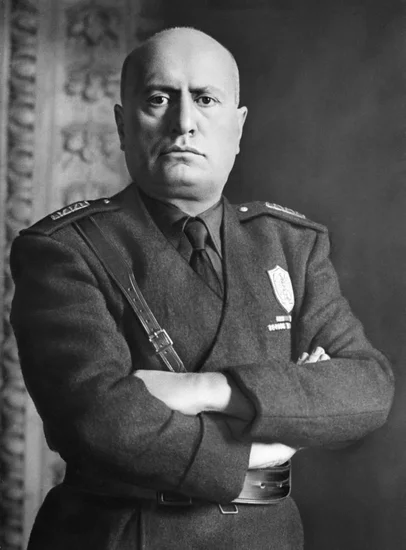
Italian dictator Benito Mussolini died at age 61, executed by partisan fighters near Lake Como. His death marked the end of fascist rule in Italy and the collapse of the Axis alliance.
Mussolini’s brutal regime had brought war and suffering to millions of Italians and Europeans. His execution symbolized the defeat of fascism and the restoration of democratic values in Europe.
1978 – Mohammed Daoud Khan Dies

Afghan President Mohammed Daoud Khan died during a communist coup that overthrew his government. His death marked the beginning of decades of conflict and instability in Afghanistan.
Daoud’s assassination triggered a chain of events that would draw Soviet forces into Afghanistan. His death represented the end of Afghanistan’s brief period of relative stability and modernization.
1999 – Alf Ramsey Dies

English football manager Alf Ramsey died at age 79, remembered for leading England to World Cup victory in 1966. His tactical innovations revolutionized international football management.
Ramsey’s “wingless wonders” formation helped England defeat West Germany in the World Cup final. His management style and strategic thinking influenced football tactics for generations.
2021 – Michael Collins Dies

American astronaut Michael Collins died at age 90, remembered as the command module pilot during the Apollo 11 moon landing mission. His role was crucial to the mission’s success.
Collins orbited the moon alone while Neil Armstrong and Buzz Aldrin walked on the lunar surface. His contributions to space exploration helped establish America’s leadership in the space race.
Holidays and Observances on April 28
Workers’ Memorial Day and World Day for Safety and Health at Work
International organizations recognize this day to honor workers who died or were injured on the job. The observance promotes workplace safety and workers’ rights worldwide.
Labor unions and safety advocates use this day to highlight ongoing workplace hazards and push for stronger protective regulations. The observance demonstrates global commitment to worker welfare and industrial safety.
National Heroes Day in Barbados
Barbados celebrates its national heroes and their contributions to the country’s independence and development. The day honors political leaders, cultural figures, and social reformers who shaped Barbadian identity.
Citizens participate in ceremonies and educational events highlighting their nation’s struggle for independence. The observance strengthens national pride and historical awareness among Barbadians.
Restoration of Sovereignty Day in Japan

Japan commemorates the restoration of its sovereignty following the end of Allied occupation after World War II. The day marks Japan’s return to independent governance and international recognition.
Japanese citizens reflect on their nation’s post-war reconstruction and peaceful development. The observance celebrates Japan’s transformation from defeated nation to prosperous democracy and international partner.
